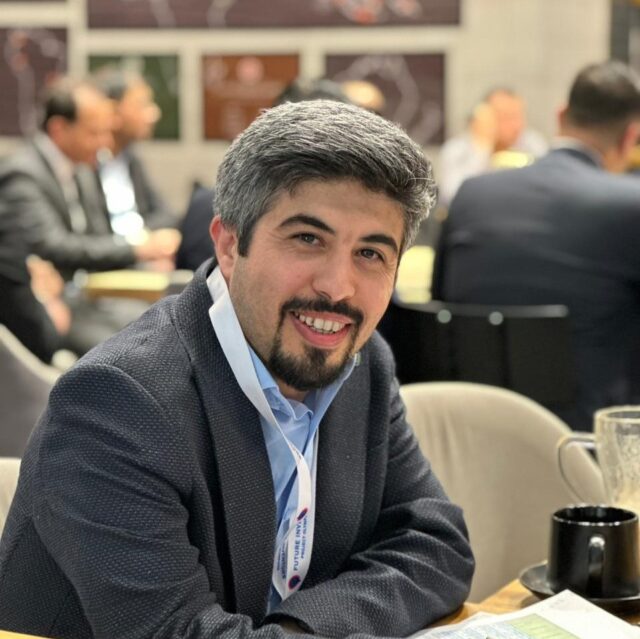Mr. Sercan Oz
UK Teachers Academy
A Short Bio / زانیاری کەسیی / سيرة ذاتية قصيرة :
Mr. Sercan Oz has a rich background of experience in education and teaching with various learner groups and contexts as an English Language teacher, school leader, and trainer. He worked for different schools, colleges, and international schools. He is a certified teacher trainer and quality assurance specialist in education. He is currently Senior Education Officer for Stirling Schools monitoring and supervising teacher professional development, quality assurance, educational accreditation, curriculum development, and educational policymaking. He is also a trainer and professional development coordinator for UK Teachers Academy.
Category / پۆلێن / الفئة :
Teacher Professional Development / گەشەپێدانی پیشەیی مامۆستا / التَّطوير المِهَني للمعلِّم
Seminar Title / ناونیشانی بابەت / عنوان الندوة :
Fostering Critical Thinking and Raising Proficient Readers in the Digital World
Abstract / پوختە / الملخص :
“Students’ use of the Internet continues to increase while the opportunity to learn skills in school to cope with the “”information bombardment”” is far from required levels. PISA data shows that 15-year-olds increasingly read online to fulfil information needs (e.g. online news versus newspapers). “”The massive information flow that characterises the digital era demands that readers be able to distinguish between fact and opinion, and learn strategies to detect biased information and malicious content such as phishing emails or fake news.”” (Suarez-Alvarez, J. (2021), “”Are 15-year-olds prepared to deal with fake news and misinformation?””, PISA in Focus, No. 113, OECD Publishing, Paris) The report suggests that “”Education systems with a higher proportion of students who were taught whether information is subjective or biased were more likely to distinguish fact from opinion in the PISA reading assessment…””
In this regard, schools and teachers are more than ever expected to teach critical thinking skills to equip students with abilities to question, criticize, analyze, and synthesize any kind of information presented to them. This, without any doubt, cannot be achieved in classrooms in which the teacher is the only source of information, and students memorize all the information offered to them to reproduce it in the exams. This presentation will explore student-centered teaching approaches and methodologies that will foster critical thinking in an interactive classroom atmosphere.”
Keywords / وشە سەرەکیەکان / الكلمات المفتاحية :
teaching critical thinking, facts vs opinions, fake news, PISA reading, digital literacy, proficient readers
